No Pillow No Sheet Just Cardboard
By Kinya Kaunjuga
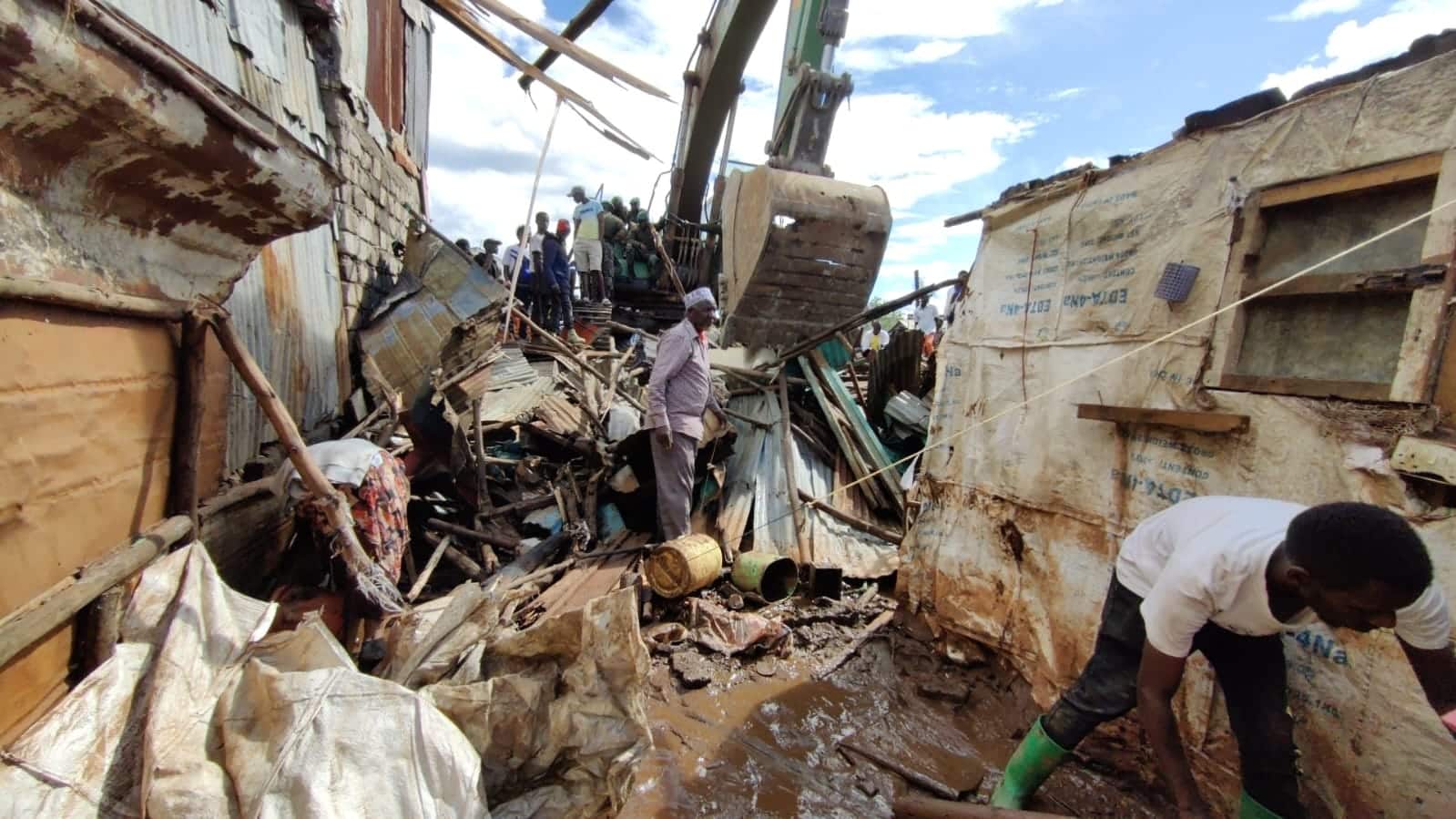
After almost everybody has left the streets, he looks around to make sure no one sees him dig out a bag hidden in a space between the walls of two tin houses. So much had been going on with the flooding. Chaos raged. Everywhere was littered with everything the river had vehemently pushed into land.
Paths that wove through densely packed houses had turned into dark lakes of filthy water. Tin roofs, walls and doors that had withstood months of scorching heat were suddenly reduced to piles of rubble that resembled muddy garbage.
So it wasn’t hard to use a random crack to keep his cardboard box hidden until he retrieved it at night. After a few tries, he had managed to cut it into a shape that fit around the hole of the pit latrine and he could set it up with just one flip to lay on. The smell no longer bothered him because few people still dared to use the toilet that had survived the floods and was teetering precariously on a hill.
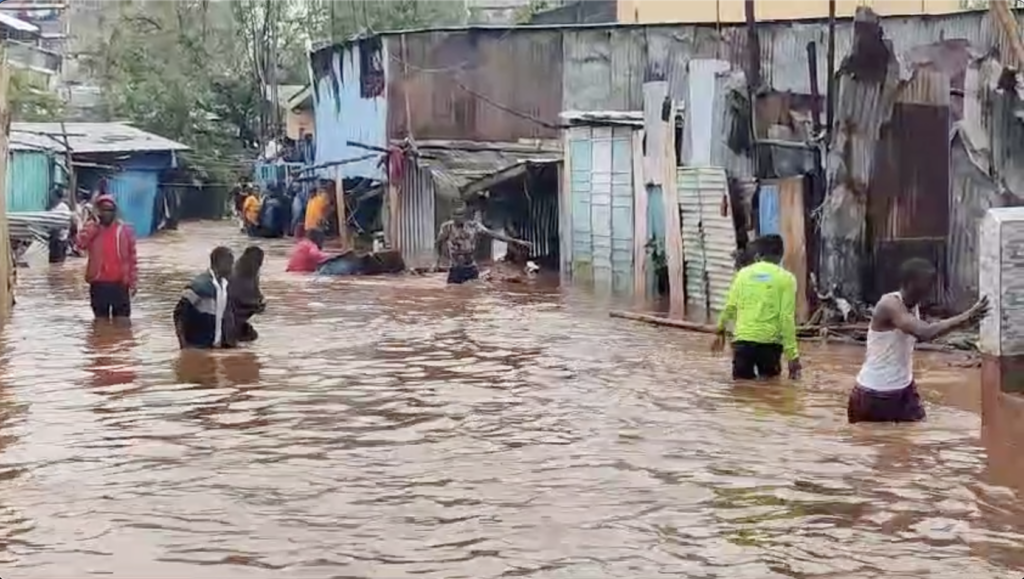
When Daniel, a fellow journalist, told me about this man who they called “mzae” (meaning “father” or “elder” in Swahili as a sign of respect to an old man even with no biological relation), I asked him how come he was still living in that place and alone at his age. Where were his children or family? He explained that he had two daughters who were married and he did not want to ask them for help because they were poor too. He had raised them in poverty and it wasn’t fair to ask them for help. He wanted them to go on with their lives. Daniel also explained something I am still trying to understand. He said for men such suffering is endured as “kimwanaume” – it’s hard to translate accurately into English. The closest I can think of to explain it is that being a man means taking on your lot in life and living with it, bravely.
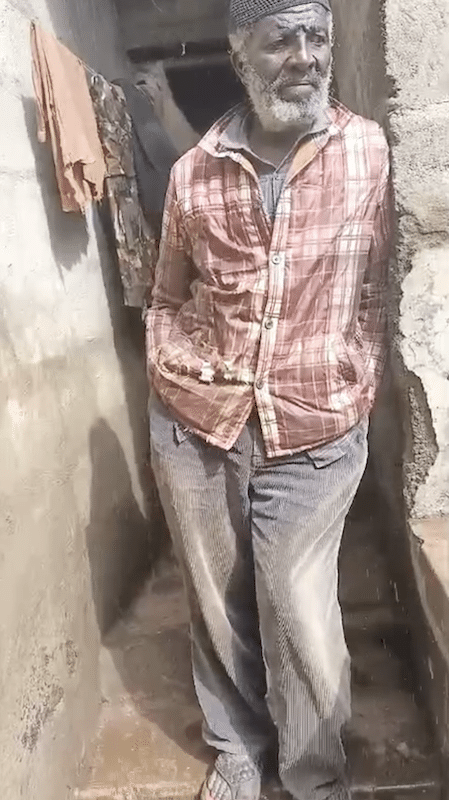
But that must be a different generation. In my conversation with community volunteers who were attending to the needs of flood victims in their slum villages, I was shocked to hear that a significant number of pregnant women had been abandoned by their boyfriends and husbands when the floods washed away their homes. It was a stark contrast to the old man who lived in the toilet. He had raised his two children in abject poverty and because of his persevering nature, was not willing to encroach on their resources but would rather face each daunting challenge of survival daily until further notice.
It becomes increasingly clear that the three years spent writing about the lives of those in the slum ghetto is only a tiny drop in discovering and understanding how living in poverty shapes a person’s ideology. There is no obvious creed to unlock, and what seems so outlandish to an outsider is simply a way to hack life where all the odds are against you.
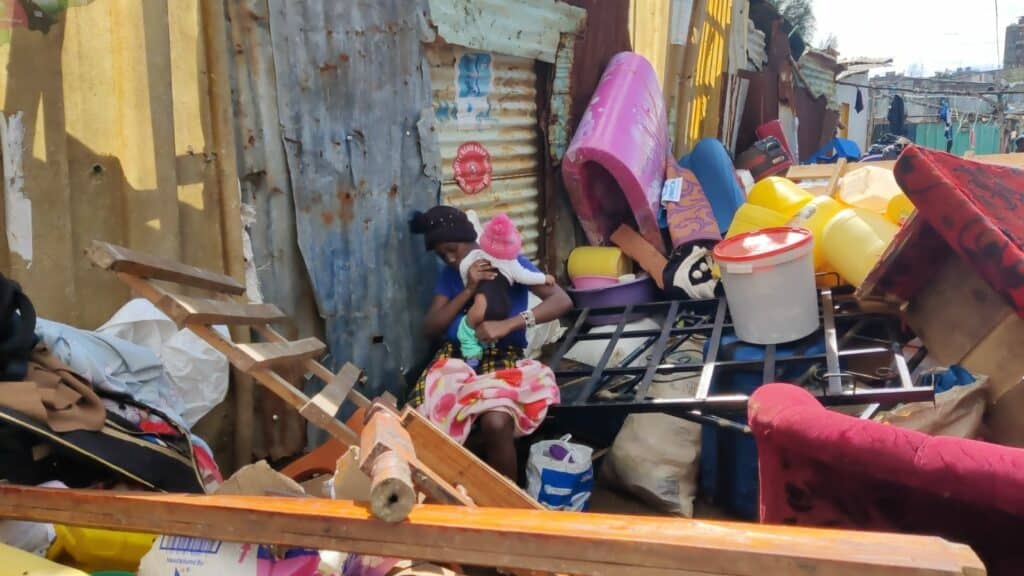
Captured moments as the floods unfolded
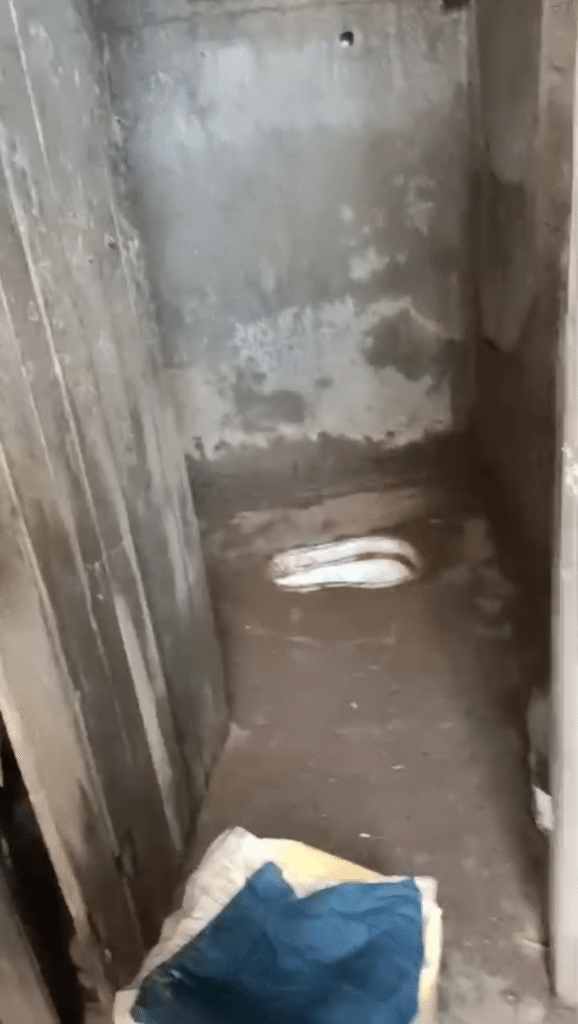
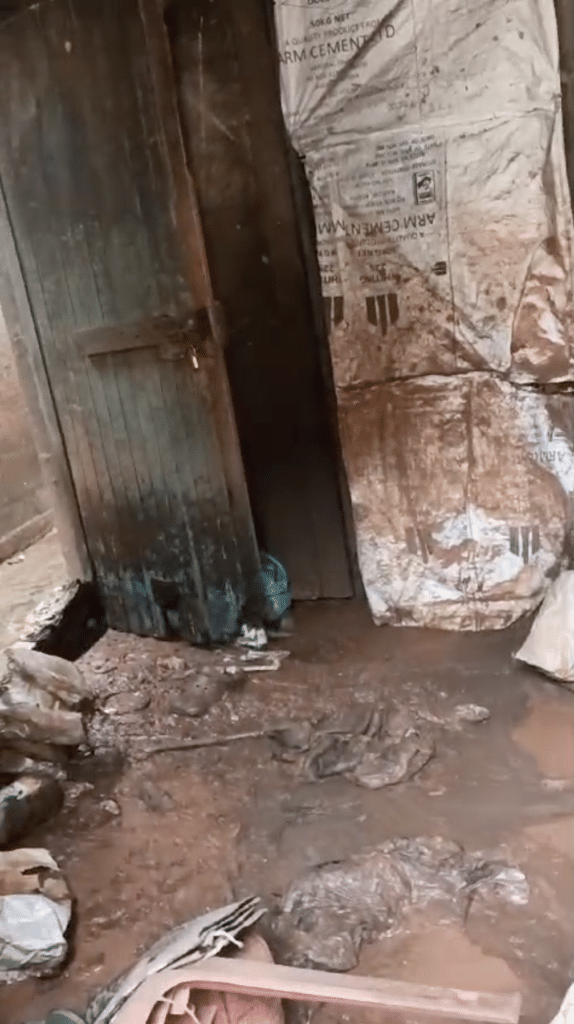
In this video, a nurse called Balala who works at Uzima White Medical Clinic located inside Mathare slum, less than 50 meters from the Gitathuru river, is the one holding the young boy crossing two rooftops on a sheet of metal.

While rescuing flood victims in his neighborhood, Balala also went in search of the men and women who attend a Bible study on Tuesdays for those addicted to drugs and alcohol in the slum because almost all of them are homeless. (They’re pictured above seated and listening to Balala – in a yellow t-shirt – standing before them). Sadly, he informed me that one of the men was found dead, drowned by the floods.

Where Banda comes in:
Using technology to break barriers to access good healthcare in slums and rural villages
In the heart of slums and the farthest reaches of rural villages, small medical clinics stand as beacons of hope, treating individuals who endure unimaginable poverty. We’ve built our clinic management system precisely customized to run in clinics with extremely limited operational budgets so they can afford to remain open and use 21st century technology to deliver good healthcare.
It’s our job to consistently build innovative features in our software that, for example, allows the clinic “Mzae” visits to record payments of as little as 10 cents when he goes there for treatment. This ensures uninterrupted medical care in a little clinic right there in his neighborhood and eases the tracking and collection of random cash payments for the clinic.
Thank you for supporting Banda Health as we develop technology solutions for clinics that care for people in some of life’s most vulnerable situations.

Milestone Achieved!
Five years ago we set an audacious goal that was slowed down by the COVID pandemic. On our website we announced that goal: “We plan on putting BandaGo in 100 clinics by the end of 2024. That’s 2 million patients that will have access to good healthcare over 5 years, and we won’t stop there.”
As of today, 101 medical clinics are using our technology solution BandaGo to manage their clinics and they have recorded 1.2 million patient visits!
We simply can’t do it without you! Thank you.
Photos and videos in this article are courtesy of Theano Ratcliff, a Mr. Irungu and Sheikh Balala and should not be used without permission from Banda Health.
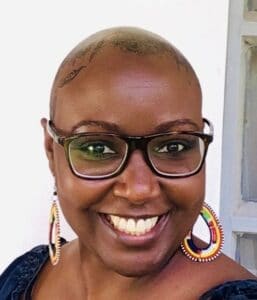
Kinya Kaunjuga
Kinya brings passion, an infectious laugh and 15 years of experience in the corporate and non-profit world to Banda Health. A Texas A&M alumni with a degree in Journalism and Economics, she says, "I love doing things that matter!"

